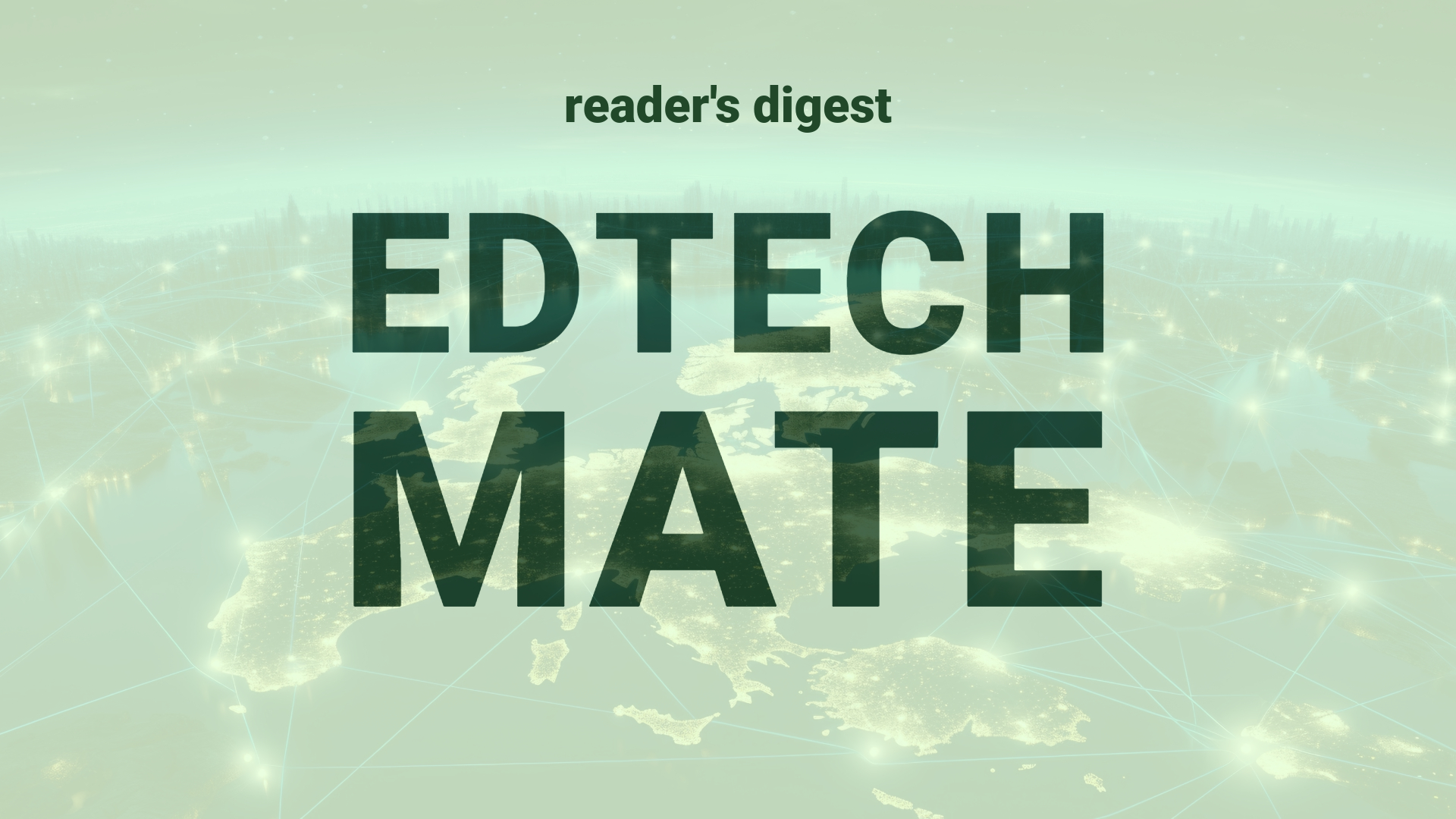“`html
Executive Summary and Main Points
In an innovative shift within the tech landscape, Google has announced the democratization of its AI-powered photo editing tools, previously exclusive to Pixel phones and Google One subscribers. This advancement encompasses features like Magic Eraser, Photo Unblur, and Portrait Light and extends their availability to a broader user base, including various devices and operating systems. This move signifies a noteworthy development in digital tool accessibility and presents key implications for the international education sector alongside digital transformation strategies.
Potential Impact in the Education Sector
The opening up of Google’s AI editing tools can potentially revolutionize the Further and Higher Education sectors by enhancing digital literacy and media creation competencies. Instructors and students can leverage these tools to produce high-quality visual content for coursework, presentations, or research dissemination. For the burgeoning landscape of Micro-credentials, such technological advances can be incorporated into digital portfolios, advancing professional storytelling and online branding. Furthermore, strategic partnerships may emerge, coupling educational institutions with tech companies to foster enhanced digital capacities and innovative pedagogical practices.
Potential Applicability in the Education Sector
The generative AI integrated within Google’s photo editing suite holds the potential for innovative applications across global education systems. Educational facilities can utilize these AI capabilities to refine visual methodologies in subjects like art, photography, and media studies. Moreover, by adapting AI tools for academic purposes, institutions can foster a creative learning environment that utilizes cutting-edge technology, preparing students for a digitally transformed workplace.
Criticism and Potential Shortfalls
Despite the progressive nature of this technology, critical analysis reveals potential concerns. The global uniformity of tech application risks overshadowing regional educational practices and cultural nuances. Comparative international case studies show a gap between technology adoption rates and the readiness of educational infrastructures, highlighting the “digital divide.” Additionally, ethical implications arise over the creation of content that might manipulate original imagery, challenging authenticity norms and possibly leading to academic integrity issues.
Actionable Recommendations
International education leadership should consider integrating these AI-powered photo editing tools with a strategic and critical approach. Recommendations include:
1. Developing comprehensive training programs for faculty and students to employ these tools ethically and effectively.
2. Establishing guidelines and best practices for the use of AI in creating academic content, with a focus on maintaining integrity.
3. Exploring partnerships between technology providers and educational institutions to navigate the equitable implementation of such tools.
4. Fostering interdisciplinary collaborations that harness AI enhancements for educational advancement and research engagement.
5. Prioritizing investments in infrastructure and support systems to ensure broad and inclusive access to these technologies.
“`
Source article: https://www.cnbc.com/2024/04/10/google-to-launch-ai-photo-eraser-for-iphone-and-other-android-phones.html

